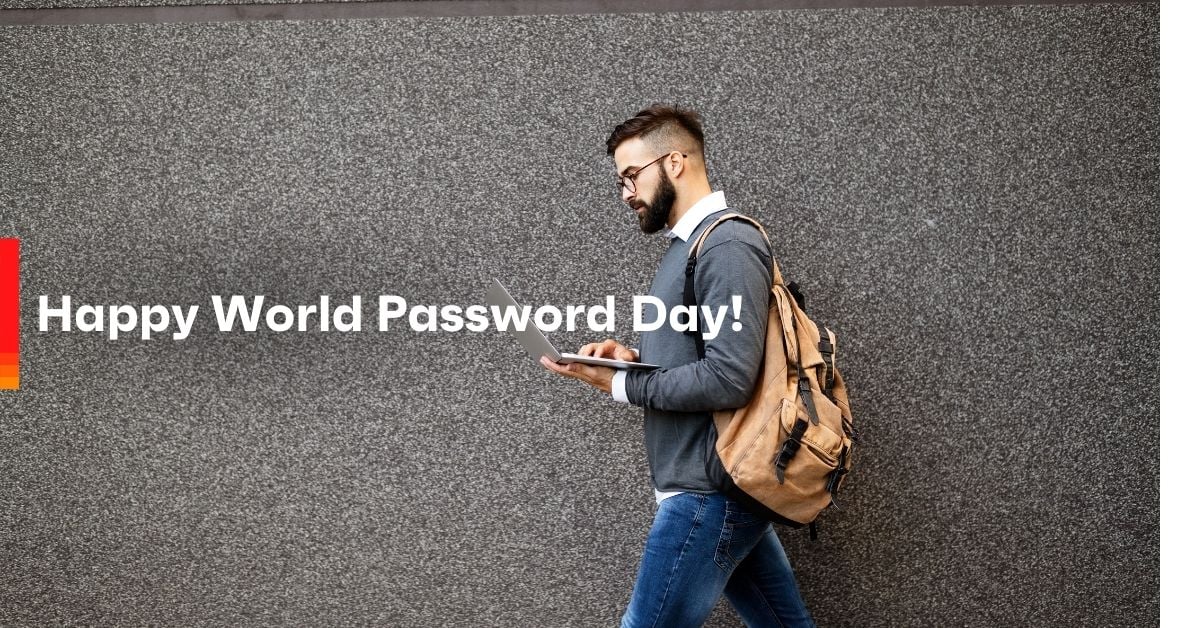Happy World Password Day!
The first Thursday in May marks World Password Day. How are you going to celebrate?!
How about a big party where you all share your social security numbers?
Ooh! Ooh! Or you could host an open mic night where you take turns reading your medical records out loud!
Maybe bank account bingo? Who has what balance?! The suspense is killing us!
Or you could celebrate World Password Day by killing passwords.
Relying on passwords is like complaining that Leonardo DiCaprio still doesn’t have an Oscar:
It made sense five years ago, but if you’re still doing it, people will think you haven’t been paying attention.
Three truths about passwords:
- Employees hate dealing with them.
- They’re extremely vulnerable to risk and fraud.
- The cost of what can go wrong far outweighs the cost of doing it right.
World Password Day is intended as a reminder that we need to take better care of our passwords. The problem: It doesn’t matter how many times you change your password from
Password to
Password1 to
Password1! to
Password123!
Password@#$%!!!!!
It’s still a password. And passwords are still a massive vulnerability for any company.
A lot of companies have tried to eliminate passwords through Single Sign-On (SSO). And we’ve all signed on to approximately 10,000 sites and apps using Facebook. This isn’t enough. It’s still complicated and it’s still not secure.
The solution: Zero sign-on.
Zero sign-on uses devices as secure IDs. This goes beyond SSO for simpler, more secure passwordless authentication. This type of security is even more important as companies embrace the Everywhere Workplace, where we’re no longer hiding behind firewalls and onsite security perimeters.
Here’s how zero sign-on works:
- Validate the user’s device.
- Establish user context. (Who are they? What are their roles and credentials?)
- Check app authorization.
- Verify networks.
- Detect and mitigate threats.
Zero sign-on blends access and threat defense with continuous compliance enforcement. And there’s no need to memorize or update passwords.
We’re hoping this will be the very last World Password Day – or, at the very least, by next year we’ll celebrate World Password Remembrance Day.
